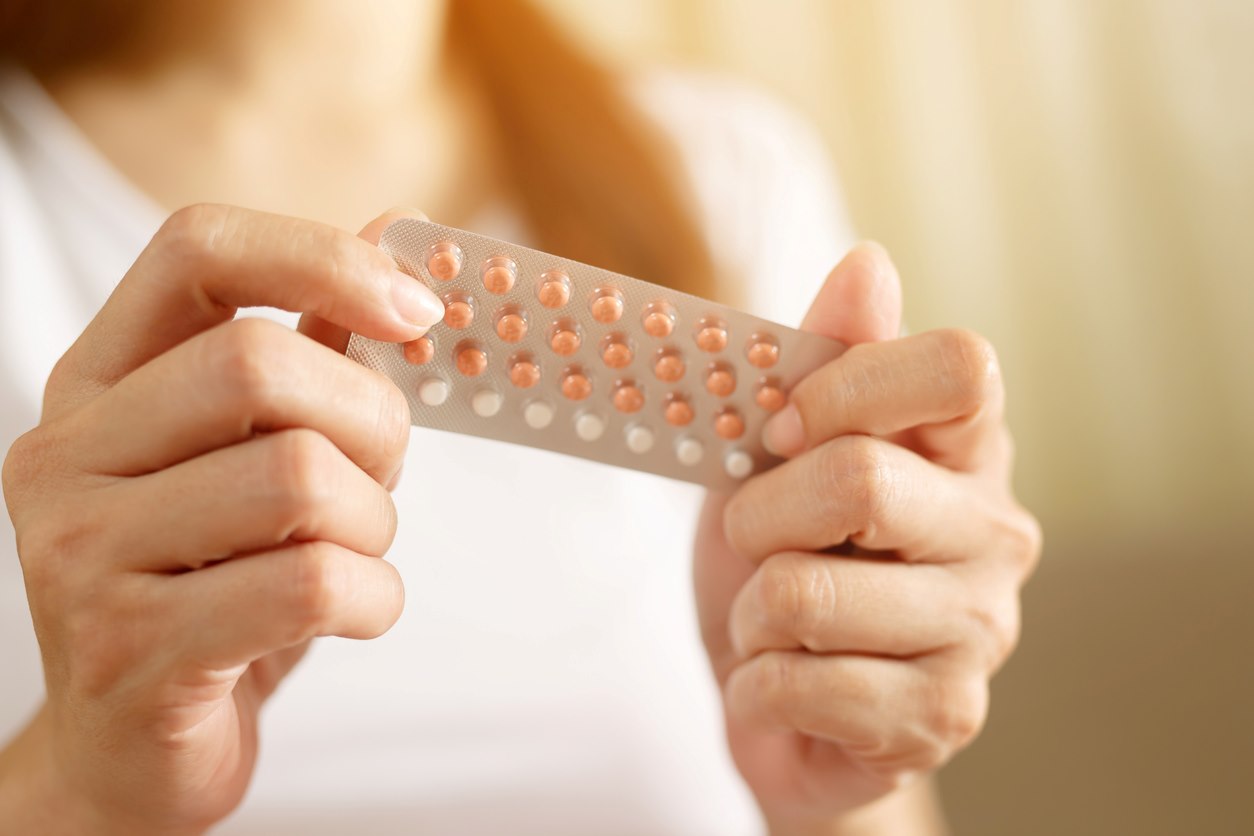

Articles
How To Store Pills Long Term
Modified: March 2, 2024
Looking for tips on storing pills for the long term? Read our informative articles for advice on proper pill storage to maintain their effectiveness and safety.
(Many of the links in this article redirect to a specific reviewed product. Your purchase of these products through affiliate links helps to generate commission for Storables.com, at no extra cost. Learn more)
Introduction
Properly storing pills long-term is essential for maintaining their efficacy and ensuring their safety. Whether you are stockpiling medication for emergencies or simply need a way to store prescription pills that are not currently in use, understanding how to store them correctly is crucial.
Improper storage can lead to the degradation of medications, rendering them ineffective or even harmful. Factors such as exposure to light, temperature fluctuations, and moisture can all impact the stability and potency of pills. Additionally, disorganized storage can make it difficult to keep track of expiration dates, potentially leading to the use of expired medication.
In this article, we will discuss the importance of proper pill storage, the factors that can affect pill long-term storage, and provide practical tips on how to store pills to ensure their longevity. So, whether you are a caretaker, a prepper who wants to keep a stockpile of medications, or simply want to know how to store pills that are not currently in use, this article is for you.
Key Takeaways:
- Proper pill storage is crucial for maintaining medication efficacy, safety, and availability. Factors like temperature, humidity, and light exposure impact storage, so choose the right container and protect pills from light to ensure potency and safety.
- Organize, label, and regularly check expiration dates to maintain a safe and effective pill storage system. Store pills in a safe place away from children and pets, and consider specific storage requirements for different types of medications to ensure their potency and safety.
Read more: How To Store Scallions Long Term
Importance of Proper Pill Storage
Proper pill storage plays a vital role in maintaining the potency and effectiveness of medications. Without the right conditions, pills can degrade, become less potent, or even harmful to consume. Here are some key reasons why proper pill storage is important:
1. Maintaining Efficacy: Medications are formulated to deliver a specific dose of active ingredients to the body. Improper storage conditions, such as exposure to heat or moisture, can cause chemical reactions that degrade the medication’s efficacy. This can result in the medication being less effective or completely ineffective when taken.
2. Ensuring Safety: Some medications, such as antibiotics or opioids, can pose health risks if they are not stored properly. Exposure to light, heat, or moisture can alter the chemical composition of these medications, making them potentially harmful to consume. By storing pills correctly, you reduce the risk of accidental ingestion of compromised or unsafe medications.
3. Long-Term Availability: In certain situations, it may be necessary to store pills for an extended period, such as in case of emergencies or for chronic conditions. By storing medications properly, you can ensure that they will remain safe and effective for use when needed, even if it’s months or years later.
4. Cost Savings: Proper pill storage helps prevent wastage of medications due to spoilage or degradation. When pills expire or lose their potency, they must be discarded and replaced. By storing medications correctly, you can extend their shelf life and avoid unnecessary expenses.
5. Peace of Mind: Knowing that you have stored your pills correctly brings peace of mind. Whether you’re taking medication yourself or caring for a loved one, being confident in the stability and effectiveness of the medication can alleviate concerns and ensure the best possible outcomes.
Overall, proper pill storage is essential for maintaining the efficacy, safety, and availability of medications. By adhering to recommended storage guidelines, you can maximize the benefits of your medication and avoid potential risks associated with improper storage.
Factors Affecting Pill Long-Term Storage
Several factors can impact the long-term storage of pills and their effectiveness. It’s important to understand these factors in order to properly store your medications. Here are some key factors to consider:
1. Temperature: Temperature fluctuations can significantly affect the stability of pills. Many medications require storage at specific temperature ranges to maintain their potency. Exposure to high temperatures, such as in a hot car or near a heat source, can cause chemical degradation and reduce the effectiveness of the medication. On the other hand, extremely low temperatures, like freezing, can also alter a pill’s composition and make it less effective.
2. Humidity: Moisture can be detrimental to pill storage as it can lead to the breakdown of the pill’s components. High humidity environments can cause pills to absorb moisture, resulting in changes to their chemical structure and potential loss of effectiveness. It’s important to store pills in a dry environment to prevent moisture absorption.
3. Light: Exposure to light, especially direct sunlight or bright artificial light, can degrade certain medications. Light-sensitive drugs, such as some antibiotics and psychiatric medications, can become less effective when exposed to light over an extended period. It’s best to store these medications in opaque containers or in a location protected from light.
4. Air and Oxygen Exposure: Some medications are sensitive to oxidation, which can occur when they are exposed to air or oxygen. Oxidation can lead to chemical changes that reduce effectiveness. To minimize oxidation, ensure pill containers are airtight and sealed properly.
5. Container Choice: The type of container used for pill storage can also play a role in maintaining their potency. It’s recommended to store medications in their original containers whenever possible. These containers are specifically designed to preserve the drug’s stability and protect it from external factors. If you need to transfer pills to a different container, ensure it is clean, dry, and suitable for long-term storage.
6. Drug Formulation: Different types of medications have varying stability and storage requirements. For example, some medications are susceptible to degradation when exposed to moisture, while others may be affected by temperature fluctuations. It’s important to check the storage instructions provided with the medication or consult with a pharmacist for specific guidelines.
By taking these factors into account and implementing appropriate storage practices, you can maintain the potency and effectiveness of your pills over the long term. This will ensure that medications are both safe and effective when needed.
Choosing the Right Container
Choosing the right container for pill storage is crucial to maintain the effectiveness and safety of medications. The container you select should provide protection from external factors like light, moisture, and air. Here are some considerations when choosing the right container for your pills:
1. Original Containers: Whenever possible, store medications in their original containers. Pharmaceutical manufacturers design these containers to provide optimal protection and stability for the specific medication. Original containers often have features like child-resistant caps and labels with important information like dosage instructions and expiration dates.
2. Airtight and Moisture-Resistant: Ensure that the container you choose is airtight and effectively prevents moisture from entering. Moisture can degrade pills and reduce their effectiveness. Look for containers with tight-sealing lids or caps to create a barrier against air and humidity.
3. Opaque and Light-Resistant: Light can degrade certain medications, so it’s important to choose containers that are opaque or tinted to protect pills from exposure to light. Avoid clear containers or those made of transparent materials that allow light to penetrate.
4. Non-Reactive Materials: Some medications can interact with certain materials, compromising their stability. Choose containers made of non-reactive materials like plastic or glass that won’t interact with the medication. Avoid metal containers as they can cause chemical reactions with certain drugs.
5. Well-Sealed and Durable: Ensure that the container is well-sealed to prevent air and moisture from entering. Check for any cracks or damage that could compromise the integrity of the container. It’s important to choose a durable container that will withstand handling and protect the medication inside.
6. Size and Space: Consider the size of the container in relation to the amount of medication you need to store. If you have a large quantity, choose a container that can accommodate all the pills without overcrowding, which could cause damage. Additionally, consider the available space for storage, as some containers may take up more room than others.
7. Labeling: Properly label the container with the name of the medication, dosage instructions, and expiration date. This will help you easily identify the contents and ensure proper usage. Include any other pertinent information provided by the healthcare professional or pharmacist.
By selecting the right container for your pill storage, you can ensure the stability, safety, and effectiveness of your medications over the long term. Remember to always follow any specific storage recommendations provided by the medication manufacturer or healthcare provider.
Protecting Pills from Light
Protecting pills from light is essential for maintaining their stability and effectiveness. Light exposure, especially direct sunlight and bright artificial light, can cause degradation of certain medications. Here are some strategies to protect pills from light:
1. Use Opaque Containers: Choose containers that are opaque or tinted to block out light. Light-sensitive medications, such as some antibiotics, antipsychotics, and certain cardiovascular drugs, can become less effective when exposed to light. Be sure to transfer the pills from their original packaging to a light-resistant container to minimize light exposure.
2. Keep Pills Away from Windows: Avoid storing pill containers near windows or in areas where they may be exposed to direct sunlight. Sunlight streaming in through windows can expose pills to potentially damaging light. Instead, choose a cool and dark storage location, such as a closed drawer or a medicine cabinet away from direct light sources.
3. Store in a Medicine Box or Bag: If you prefer to keep pills in their original packaging, place them inside a medicine box or bag that provides additional protection from light. Look for containers specifically designed to shield medication from light, such as those made with light-blocking materials or lined with foil.
4. Consider Amber Glass Containers: Amber glass containers are another option for protecting pills from light. Amber glass filters out harmful ultraviolet (UV) light, which can degrade medications. These containers are especially useful for light-sensitive medications that require long-term storage.
5. Avoid Leaving Pills Exposed: When taking medications out of the container for use, avoid leaving pills exposed to light for extended periods. Shield them with your hand or a small, opaque container while removing the required dosage. This will help minimize light exposure and maintain the potency of the remaining pills.
6. Store Pills in a Dark Cabinet: An ideal storage location for light-sensitive medications is a dark cabinet or drawer. Ensure the area is cool, dry, and free from humidity. This will provide an extra layer of protection from both light and environmental factors that can impact pill stability.
7. Follow Specific Instructions: Some medications may come with specific storage instructions to protect them from light. Always read the medication package inserts or consult with a pharmacist to ensure you are storing the medication correctly and following any specific recommendations provided.
By taking these precautions and protecting pills from light, you can help maintain their potency and effectiveness over an extended period of time. Remember, always store medications in accordance with their individual storage requirements to ensure optimal results.
Read more: How To Store Watermelon Long Term
Maintaining Proper Temperature and Humidity
Maintaining the proper temperature and humidity levels is crucial for preserving the effectiveness of medications. Fluctuations in temperature and exposure to excessive moisture can degrade pills and render them less effective or even unsafe. Here are some guidelines for maintaining proper temperature and humidity when storing pills:
1. Ideal Temperature Range: Most medications have recommended temperature ranges for storage. Generally, a cool and dry environment is ideal, with temperatures between 68°F and 77°F (20°C and 25°C). Avoid storing medications in areas prone to temperature extremes, such as near heating sources or in the bathroom, where heat and humidity levels can vary.
2. Avoid Freezing: Extreme cold temperatures can impact the stability and effectiveness of medications. Avoid freezing temperatures by not storing pills in the refrigerator, unless specifically instructed by the medication’s packaging or healthcare provider.
3. Climate Control: If you live in an area with high humidity or extreme temperature variations, it may be beneficial to store medications in a climate-controlled space. This could include a temperature-regulated cabinet or a dedicated storage area with humidity control mechanisms. These measures can help ensure optimal conditions for pill storage.
4. Use Desiccant Packs: Desiccant packs, which absorb moisture from the environment, can be added to the pill container to help maintain low humidity levels. These packs are often included with certain medications or can be purchased separately. Ensure the desiccant pack is non-reactive and doesn’t touch the pills directly to prevent contamination.
5. Keep Pills Dry: Excessive moisture can cause pills to break down and lose their potency. Store pills in dry conditions and avoid exposing them to moisture. If medication containers come in contact with water or other liquids, wipe them dry before closing them tightly.
6. Avoid Humid Areas: Do not store pills in places prone to high humidity, such as the bathroom or kitchen sink area. These areas can introduce excess moisture, which can degrade medication quality. Instead, choose a cool and dry location away from water sources and steam.
7. Monitor Temperature and Humidity: Consider using a digital thermometer and hygrometer to monitor the temperature and humidity levels in the storage area. This will help you ensure that the conditions remain within the recommended range.
By maintaining proper temperature and humidity levels, you can help preserve the effectiveness and safety of medications. Always follow any specific instructions provided with the medication or consult with a healthcare professional or pharmacist for further guidance on storage requirements.
Store pills long term in a cool, dry place away from direct sunlight and moisture. Keep them in their original containers with the labels intact to ensure proper identification.
Organizing and Labeling
Organizing and labeling your pill storage system is essential for easy access, proper identification, and ensuring medication safety. An organized system allows you to quickly find the pills you need while minimizing the risk of confusion or using expired medications. Here are some tips for organizing and labeling your pill storage:
1. Separate Medications: Start by separating different medications into distinct groups. Keep prescription medications separate from over-the-counter medications and separate regular medications from as-needed medications. This will help you easily identify and locate specific medications when needed.
2. Use Pill Organizers: Pill organizers or pill boxes are helpful tools for organizing daily or weekly pill doses. These containers have compartments labeled with the days of the week or specific times of the day. Using pill organizers can help ensure you take the right medications in the correct quantities at the proper times.
3. Use Clear Containers or Labels: If you choose to transfer pills to different containers, such as amber glass jars or plastic bags, make sure to label them clearly. Use waterproof, smudge-free labels or markers and include important information such as the medication name, dosage instructions, and expiration date. Clear containers or labels allow for easy identification of the contents.
4. Properly Dispose of Expired Medications: Regularly check and remove expired or unused medications from your storage system. Expired medications may have reduced efficacy or can even be harmful. Dispose of them properly following local guidelines or consult with a pharmacist for advice on safe medication disposal.
5. Arrange Medications by Category: Consider arranging medications based on their therapeutic category or purpose. For example, separate pain relievers, allergy medications, or vitamins into different sections. This categorization makes it easier to locate medications for specific health concerns or conditions.
6. Keep an Updated Medication List: Maintain a current list of all the medications you are taking, including dosage instructions and any special considerations. Store a copy of this list with your pill storage system for easy reference. Additionally, share this list with your healthcare provider during doctor visits or when starting new medications.
7. Store Medications out of Children’s Reach: If you have children in the household, store medications in a secure location that is out of their reach. Consider using lockable cabinets or containers to prevent accidental ingestion. Keep in mind that child-resistant packaging is not a substitute for safe storage.
By organizing and labeling your pill storage system, you can maintain medication safety, easily locate the pills you need, and ensure the proper usage of medications. Regularly review and update your storage system to keep it organized and accurate.
Checking Expiration Dates
Checking expiration dates is an important step in pill storage to ensure the safety and effectiveness of medications. Over time, medications can degrade, lose potency, or become unsafe to consume. Here are some key points to consider when checking expiration dates:
1. Understand Expiration Dates: Each medication has a specific expiration date printed on its packaging. This date indicates the time until which the medication is guaranteed to remain potent and effective if stored properly. It’s important to understand that using medications beyond their expiration dates can be risky and may lead to adverse effects.
2. Follow Storage Instructions: Proper storage of medications helps maximize their shelf life. Follow storage instructions provided on the packaging or by the pharmacist to ensure the medication is stored in the recommended conditions. Improper storage can cause medications to degrade more quickly, even before their printed expiration dates.
3. Check Expiration Dates Regularly: Make it a habit to routinely check the expiration dates of the medications in your storage. Set a calendar reminder or note the expiration dates on the containers to make it easier to remember. Regularly purging expired medications helps maintain the accuracy and effectiveness of your pill storage system.
4. Discard Expired Medications: When you come across medications that have expired, it’s important to discard them properly. Expired medications may have reduced potency or could potentially be harmful if consumed. Follow local guidelines for safe medication disposal or consult with a pharmacist for guidance.
5. Be Aware of Short Shelf Life Medications: Some medications have shorter shelf lives than others. For example, certain antibiotics or nitroglycerin tablets may have a relatively short expiration period. Be mindful of these medications and ensure they are used before their expiration dates to ensure optimal effectiveness.
6. Store Original Packaging: Storing medications in their original packaging can help you easily identify and track expiration dates. The original packaging often includes a printed expiration date along with other important information. Avoid transferring pills to different containers unless necessary or accompanied by proper labeling.
7. Consult a Pharmacist: If you have any concerns or questions about expiration dates or medication storage, consult with a pharmacist. They can provide guidance on specific medications and advise on proper storage conditions and expiration date considerations.
Checking expiration dates regularly is an important step in maintaining the efficacy and safety of medications. By staying vigilant and properly disposing of expired medications, you can ensure that the pills you take are within their potency and provide the intended therapeutic effects.
Storing Pills in a Safe Place
Storing pills in a safe place is essential for maintaining their integrity, preventing accidental ingestion, and ensuring the overall safety of your household. Here are some guidelines for storing pills in a safe manner:
1. Keep Out of Reach of Children and Pets: Store medications in a location that is out of reach of children and pets. Even child-resistant packaging is not foolproof, so it’s important to take additional precautions. Consider using lockable cabinets or high shelves to prevent accidental ingestion by curious little ones or pets.
2. Avoid High-Traffic Areas: Choose a storage location away from high-traffic areas where pills are less likely to be disturbed or knocked over. Placing medications in a less accessible area reduces the chances of accidental spills, breakage, or misuse.
3. Secure Pill Containers: Ensure that the containers or boxes used to store pills are properly sealed or closed tightly. This minimizes the risk of pills spilling, getting mixed up, or being accessed by unintended individuals. Use containers with child-resistant caps whenever possible.
4. Consider Lockable Storage: If you have teenagers or individuals who might intentionally or unintentionally misuse medications, consider using lockable storage containers for an added layer of security. Lockable boxes or cabinets can help safeguard prescription medications and protect against unauthorized access.
5. Store Away from Heat and Moisture: Keep pills away from sources of heat and moisture, as these can impact the stability and effectiveness of medications. Avoid storing them in the bathroom or near appliances, where humidity and temperature fluctuations are common.
6. Separate Medications: Keep medications separate from each other to prevent confusion or accidental consumption. Use separate containers or compartments to store different medications, and clearly label them for easy identification.
7. Be Mindful of Expired Medications: Dispose of expired or unused medications promptly to avoid confusion and accidental ingestion. Store an up-to-date list of medications, including their expiration dates, to help you keep track and maintain an organized pill storage system.
8. Consider Portable Pill Organizers: If you need to keep medications with you while traveling or outside of your home, opt for portable pill organizers. These compact cases allow you to carry a few days’ worth of medication safely and conveniently.
By following these safe storage practices, you can help prevent accidental consumption of medications, maintain their integrity, and ensure the safety of everyone in your household. Always consult with a healthcare professional or pharmacist for specific guidance on storing and securing medications.
Read more: How To Store Butter Long Term
Tips for Storing Different Types of Pills
Different types of pills may have specific storage requirements to ensure their effectiveness and safety. Here are some tips for storing common types of pills:
1. Prescription Medications: Store prescription medications in their original containers whenever possible. These containers are labeled with important information such as the medication name, dosage instructions, and expiration date. If you need to transfer pills to a different container, ensure it is clean, dry, and properly labeled. Follow any specific storage instructions provided by the pharmacist or healthcare provider.
2. Over-the-Counter Medications: Over-the-counter (OTC) medications, such as pain relievers or antacids, can be stored in their original packaging or transferred to a separate container. Make sure the container is clean, dry, and properly labeled. Consider using airtight containers to maintain the freshness and potency of these medications.
3. Vitamins and Supplements: Vitamins and supplements often come in tightly sealed packaging to protect them from light and moisture. To maintain their potency, store them in a cool and dry place. Avoid transferring them to different containers unless necessary. Always check the label for any additional storage recommendations specific to the supplement.
4. Liquid Medications: Liquid medications, such as cough syrup or oral suspensions, typically come with their own measuring device or dropper. Store these medications in a cool, dry place, and make sure the cap or lid is tightly sealed to prevent leakage. Follow the storage instructions provided by the manufacturer or pharmacist, such as refrigeration if required.
5. Capsules and Tablets: Capsules and tablets are often more stable than liquid medications. Store them in a cool and dry environment, away from direct sunlight and excess moisture. Use opaque containers or keep them in their original blister packs to protect them from light. Avoid breaking or crushing tablets unless directed by a healthcare professional.
6. Time-Sensitive Medications: Some medications need to be taken at specific times or follow a particular schedule. To ensure timely intake and maintain their effectiveness, you may consider using pill organizers with compartments labeled for different times of the day. This helps to avoid missed doses or confusion.
7. Refrigerated Medications: Some medications, such as certain antibiotics or insulin, require refrigeration to maintain their stability. Store these medications in the refrigerator according to the specific storage instructions provided. Always check the label or consult with a pharmacist if you are unsure about refrigeration requirements.
Remember, it’s important to consult with your healthcare provider or pharmacist regarding any specific storage instructions for the medications you are taking. They can provide specific guidance based on the medications and your individual needs.
Conclusion
Properly storing pills long-term is crucial for maintaining their effectiveness, safety, and longevity. Understanding the factors that can affect pill storage, such as temperature, humidity, light exposure, and proper organization, is essential for preserving the integrity of medications. By following simple guidelines, you can ensure that your pills remain potent and safe for use when needed.
Take the time to choose the right container for pill storage, considering factors such as light resistance, airtightness, and non-reactivity with the medication. Protecting pills from light, especially for light-sensitive medications, can preserve their potency and effectiveness. Maintaining proper temperature and humidity levels is also vital to prevent degradation or spoilage of medications.
Organize and label your pill storage system to easily locate and identify medications, while regularly checking expiration dates to discard expired pills promptly. Storing pills in a safe place, away from children and pets, reduces the risk of accidental ingestion or misuse. Consider the specific storage requirements for different types of pills, such as prescription medications, over-the-counter drugs, vitamins, and supplements.
By adhering to the guidelines outlined in this article, you can ensure that your pill storage system is optimized for maintaining the quality and effectiveness of your medications. A well-maintained storage system not only safeguards your health but also provides you with peace of mind knowing that your medications are safe and suitable for use.
Remember, always consult with a healthcare provider or pharmacist for specific storage instructions as they can provide tailored advice based on your individual needs. With proper pill storage, you can maximize the benefits of your medications and maintain your well-being in the long run.
Frequently Asked Questions about How To Store Pills Long Term
Was this page helpful?
At Storables.com, we guarantee accurate and reliable information. Our content, validated by Expert Board Contributors, is crafted following stringent Editorial Policies. We're committed to providing you with well-researched, expert-backed insights for all your informational needs.
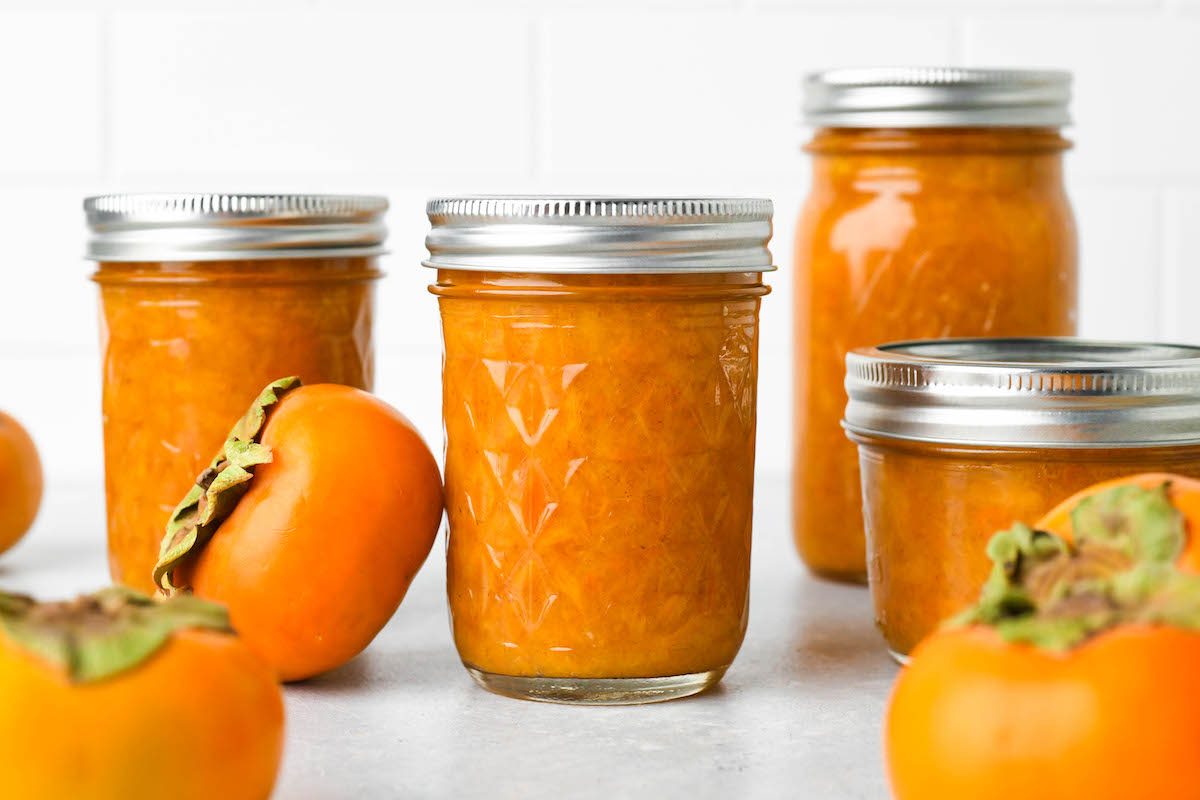
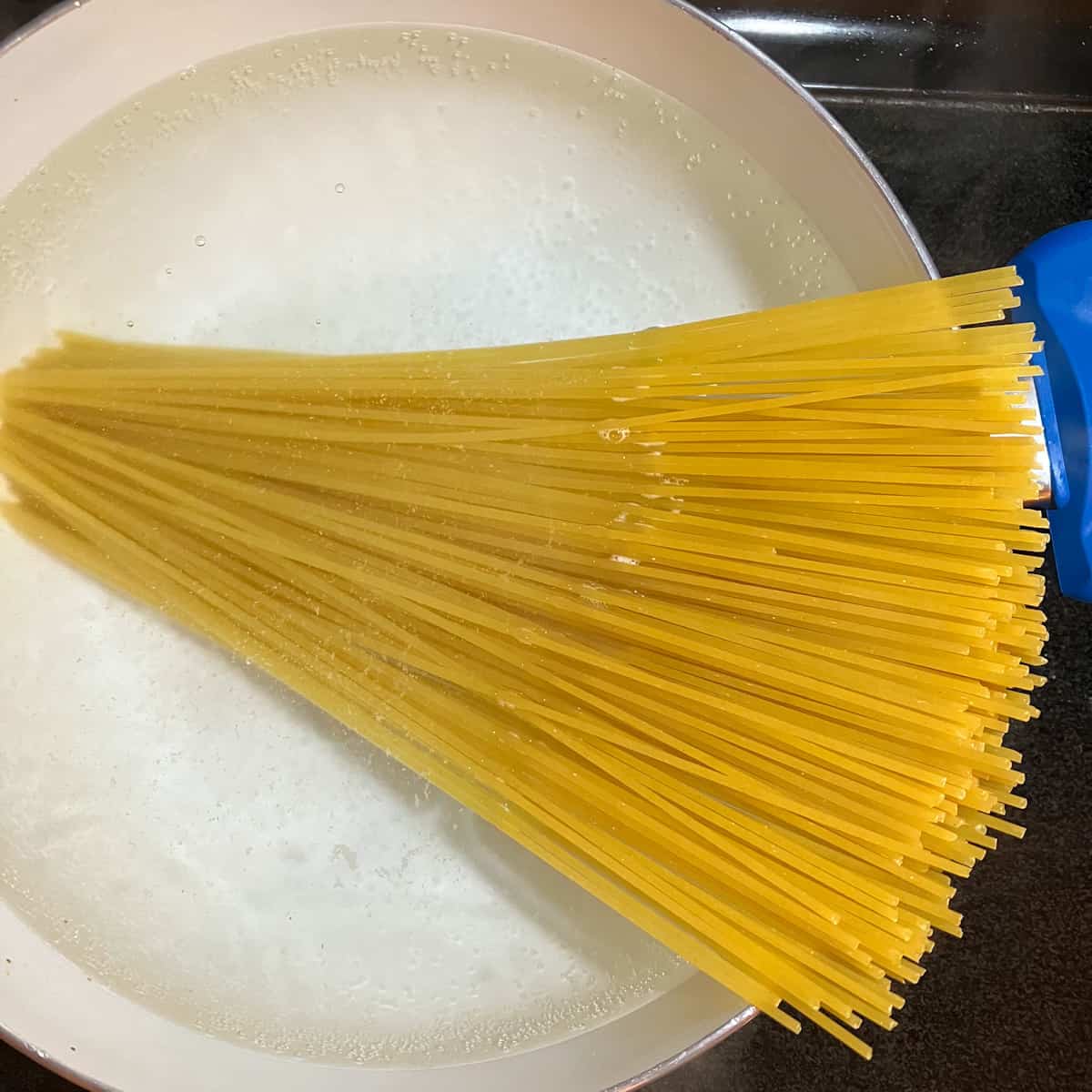
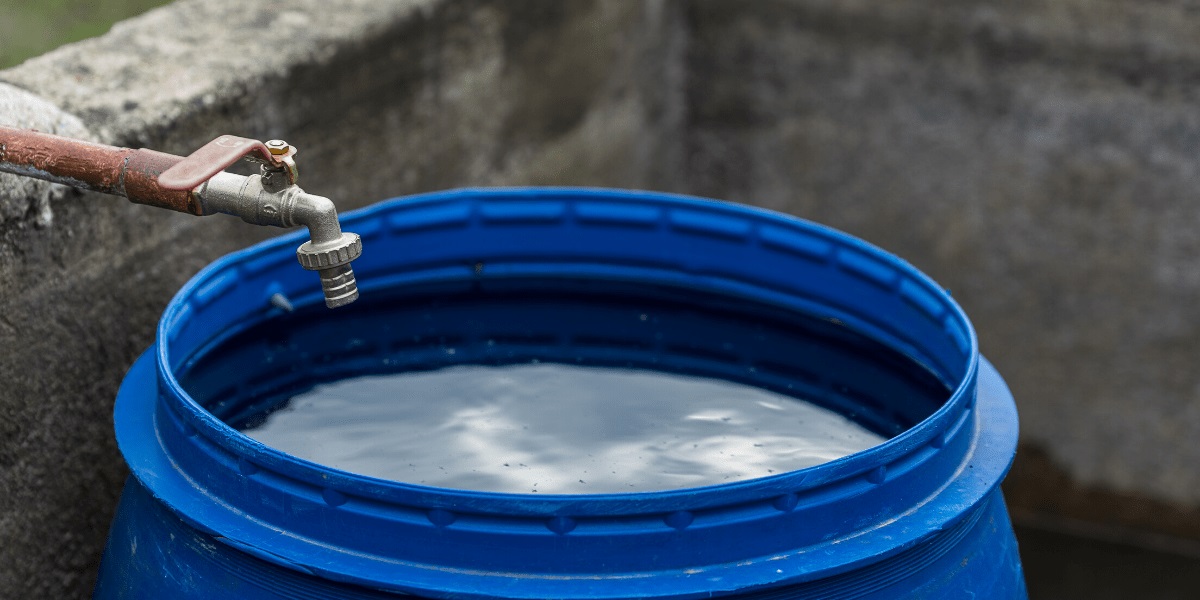
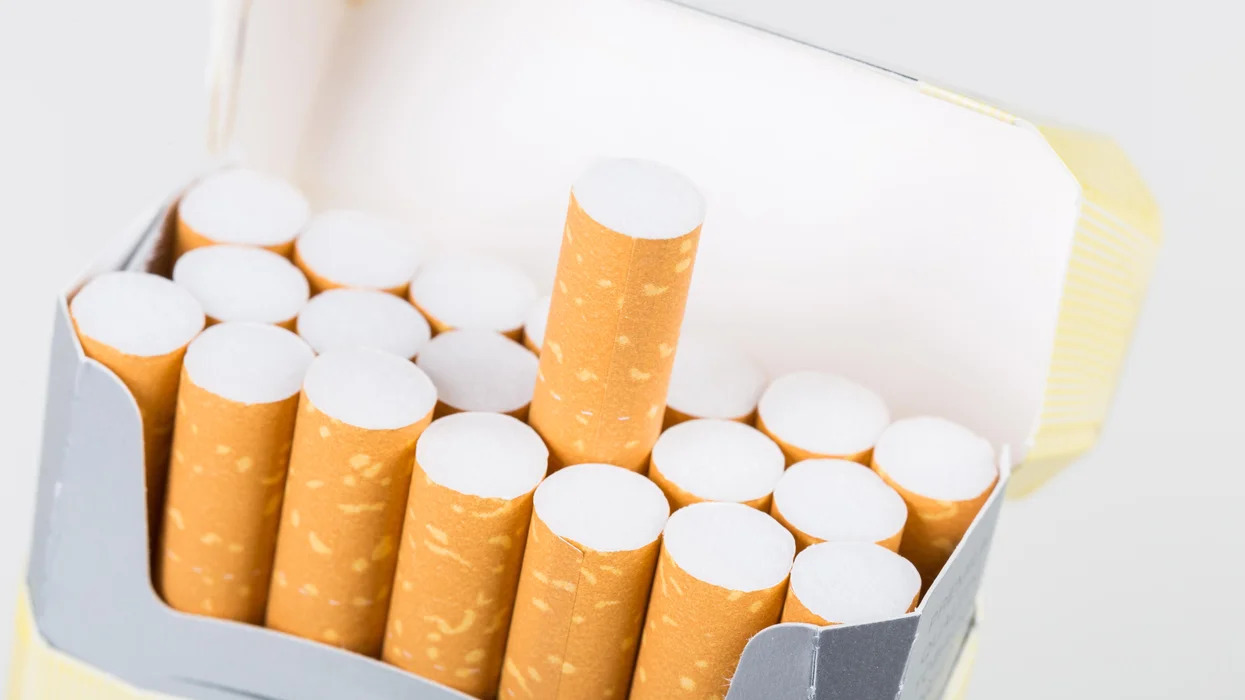
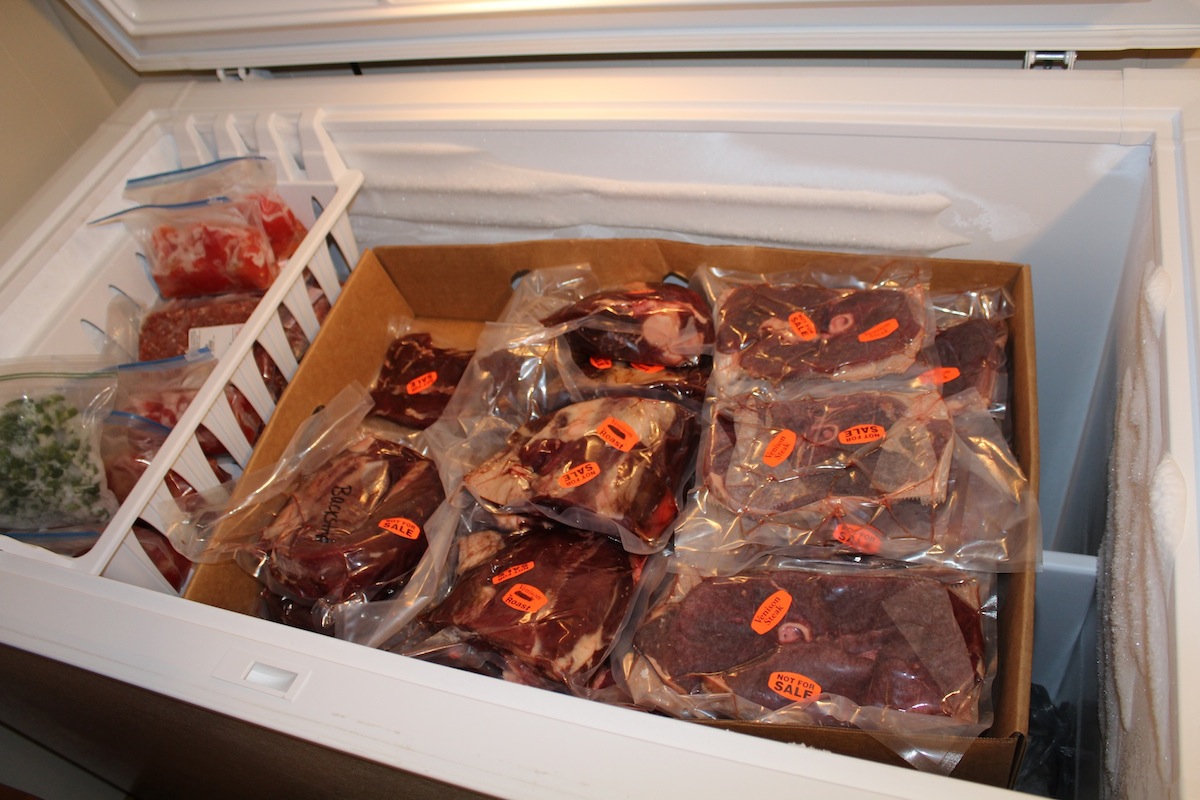


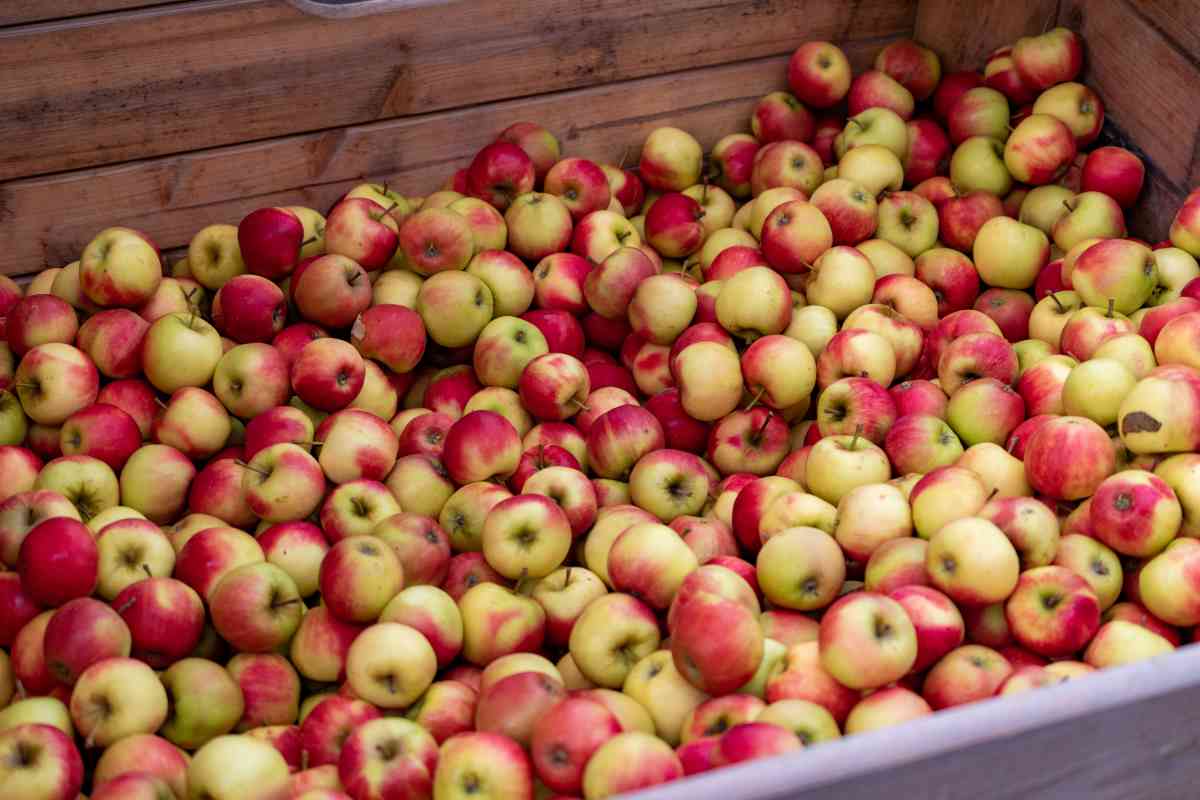
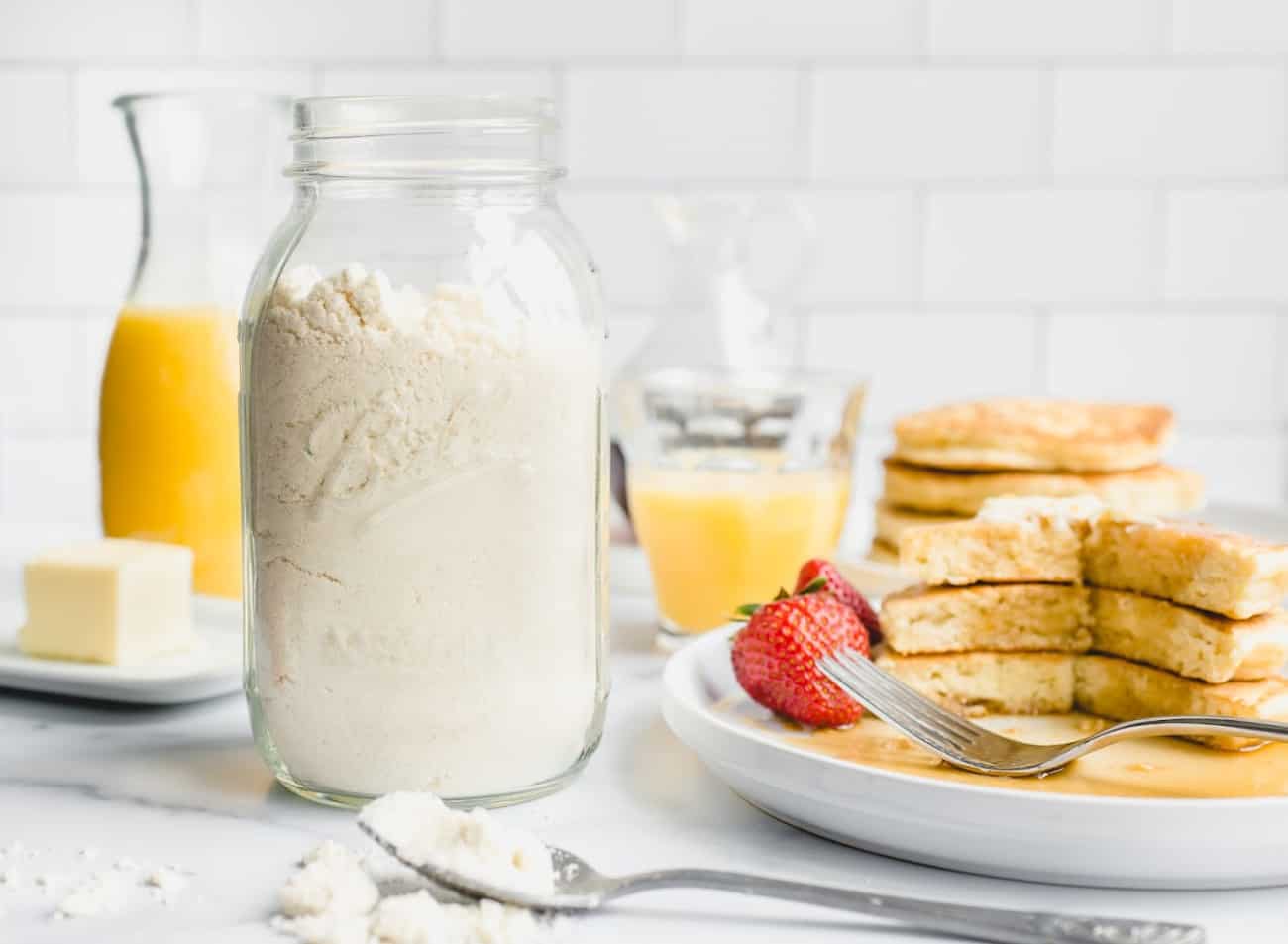
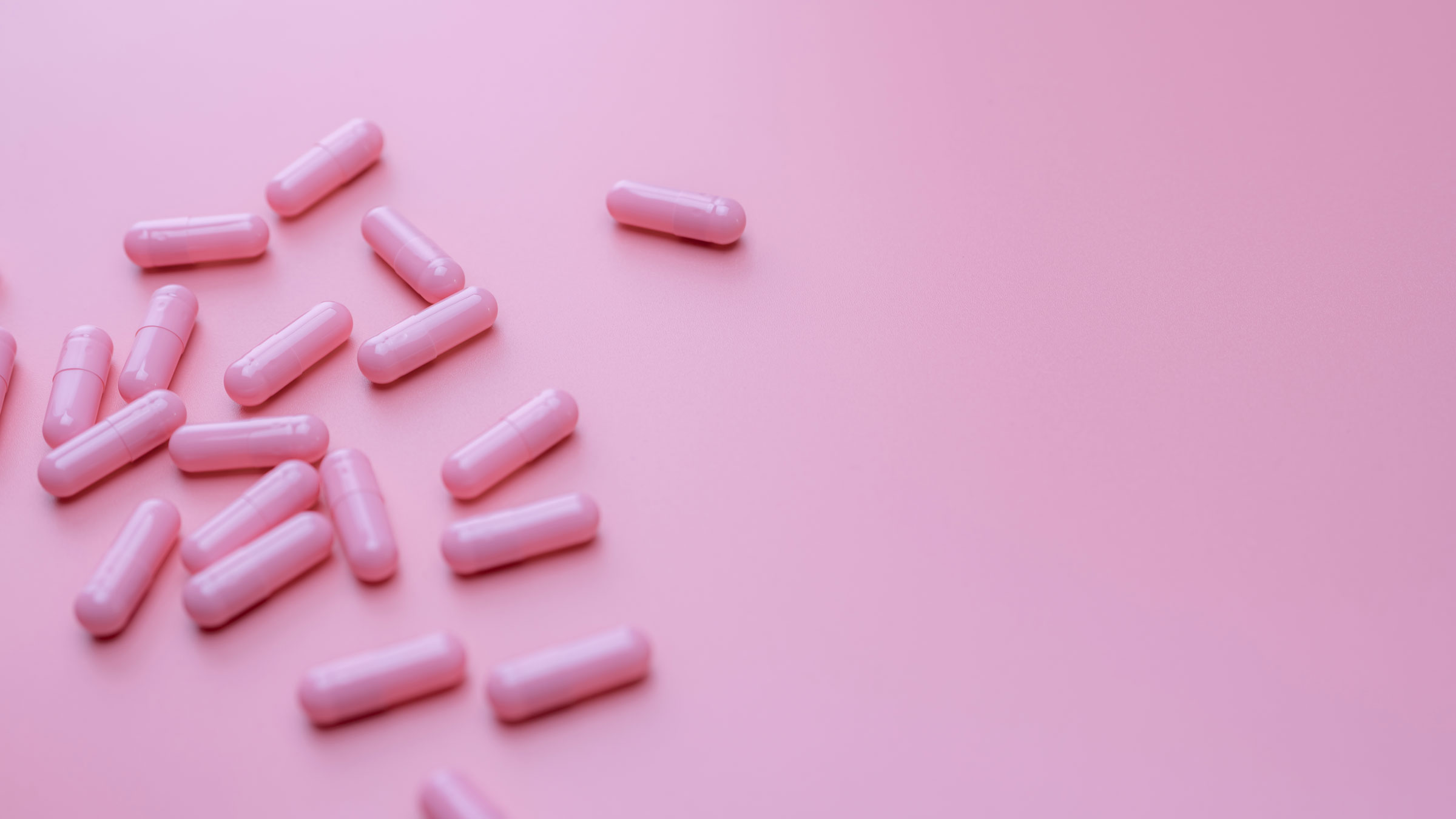

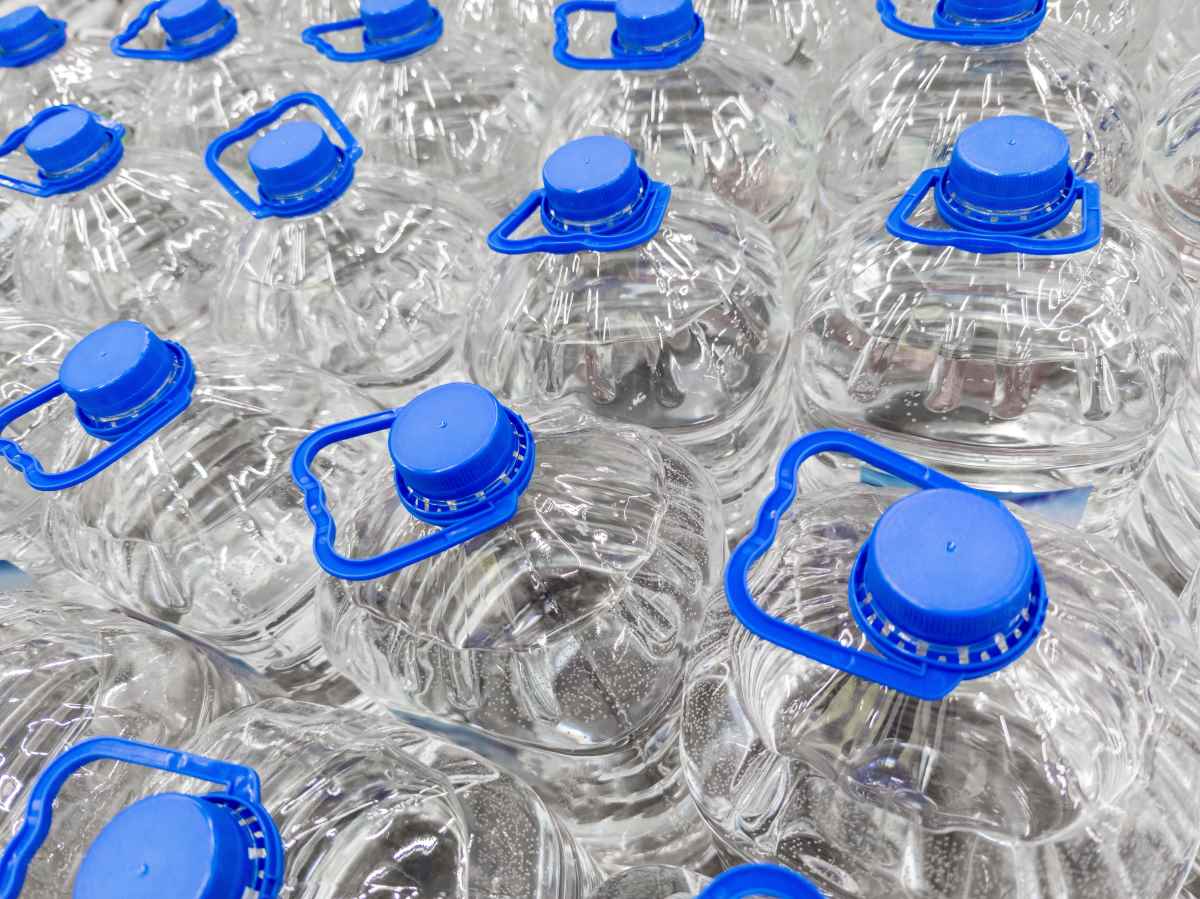
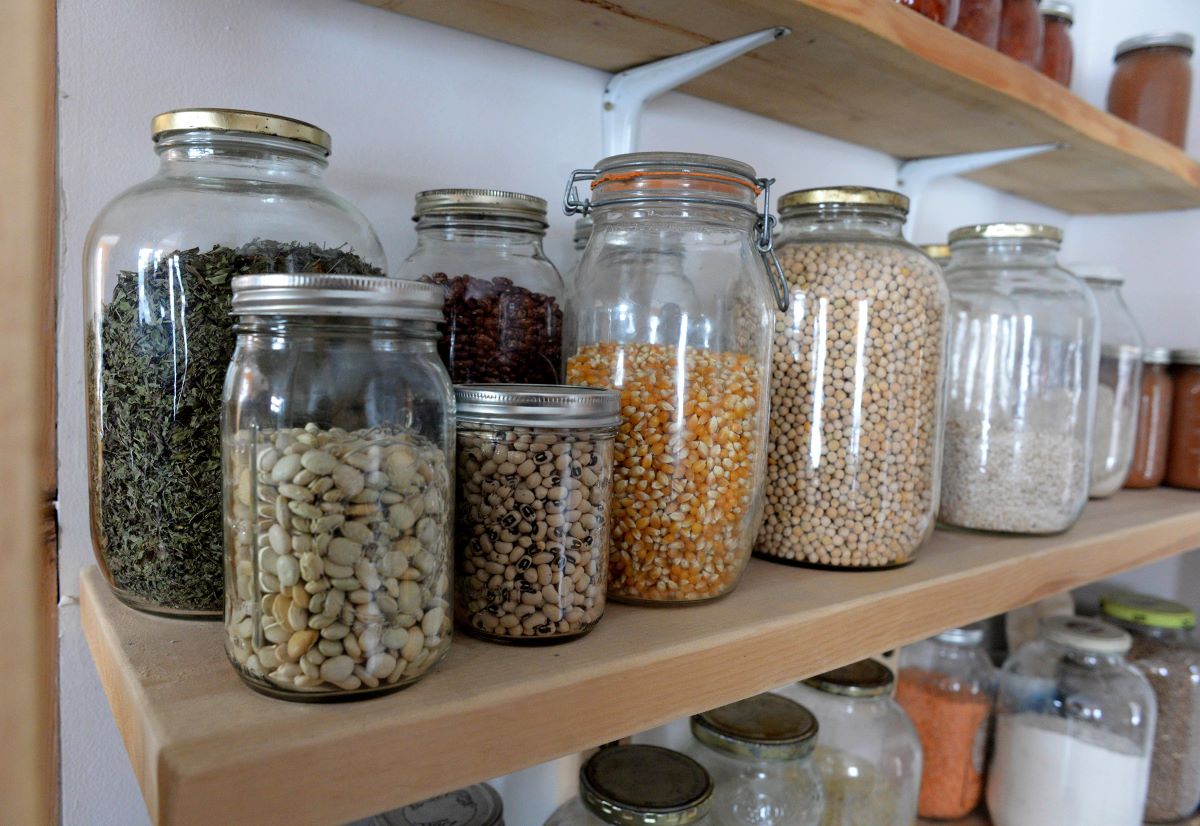

0 thoughts on “How To Store Pills Long Term”